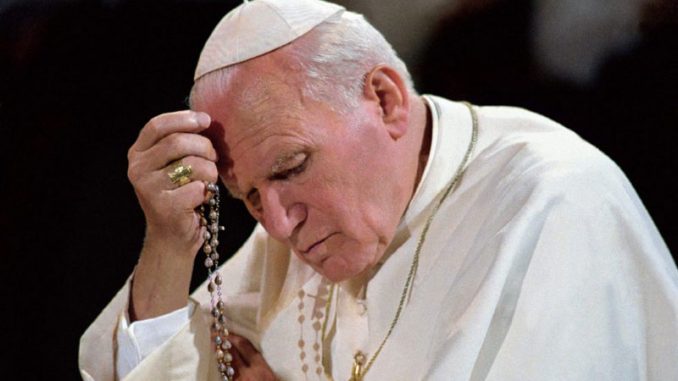
We’re all familiar with the title phrase from Ecclesiastes 3. It’s part of a frequently used first reading at Masses of Christian Burial and is quoted in eulogies. If one listens to golden oldies, it shows up in a one-time hit by the Byrds called “Turn! Turn! Turn!”
Election season often turns into a time to weep. Political campaigns are rancorous, and, with the advent of polls assaying the favorite topics of interest groups, it seems that politicians are ever more likely to play to the crowd.
Political ads on television and social media are dubious at best. We at times have no way to assess truth claims, and we can’t sort out which quotes are taken out of context, what depictions of office holders and their opponents are photo-shopped, and what sound bites actually represent solid commitments.
Then there are debates — which depend on information, opinion, and stagecraft.
How is the honest voter assisted in navigating what are often treacherous waters?
First of all, we are reminded in the Catechism of the Catholic Church that we have a serious moral duty to vote. I’m obviously not privy to what people say in confession, but I would wager that rarely, if ever, has someone gone to the sacrament and confessed not bothering to vote. Yet the Church teaches that we are charged with doing so.
We have long understood that “Honor thy father and thy mother” is a commandment that enjoins us to cooperate with and obey legitimate authority. The exception comes if that authority commands one to engage in a sinful act. In such cases, we get conscientious objectors and martyrs.
But in ordinary circumstances, we are obliged to be good citizens. The Catechism notes (#2240): “Submission to authority and co-responsibility for the common good make it morally obligatory to pay taxes, to exercise the right to vote, and to defend one’s country.”
I’ve found that there are a number of resources which help inform our preparation for voting. One is going online and reading the platforms of major parties and some third parties. Another is making use of tools offered as objective resources for Catholic consciences. One can be found on the website of the United States Conference of Catholic Bishops (www.usccb.org) under the heading “Forming Consciences for Faithful Citizenship.”
Additional guidance may be found under our diocesan website (www.charlestondiocese.org) under the title “Presidential Comparison 2020,” provided by the South Carolina Catholic Conference. These show how candidates’ positions line up on a variety of topics.
One of the best ways to refresh one’s memory on Catholic moral norms and social teaching is to read the encyclical “The Gospel of Life” by St. John Paul II (available on www.vatican.va).
This 1995 document treats the grave issues of abortion, euthanasia/assisted suicide, and the killing of innocents along with ongoing global concerns including care for immigrants and refugees, combatting human trafficking, opposing capital punishment, and protecting the earth environment.
Reviewing these resources can give clarity to what and whom we are supporting — and even whether, for one office or another, we ought conscientiously to write in. The latter is often decried as throwing away a vote, but it may also be the only thing we can live with. And it makes a small statement, particularly if we also respond with written explanations to party questionnaires in advance of the election.
Political cartoonists, stand-up comedians, and SNL make a living from parodying and poking fun at politicians and presidents. That’s a very American thing to do, and the fact that we have the freedom to do so is probably a very healthy thing. We don’t grovel before monarchs. And we aren’t penalized for caricatures, limericks, silly skits, or stories about the child who tells the truth about an emperor’s new clothes. The behavior of leaders or would-be leaders sometimes deserves being chided, sometimes deserves being laughed at.
But showing up to vote and knowing that we are morally charged to do so is no laughing matter.

